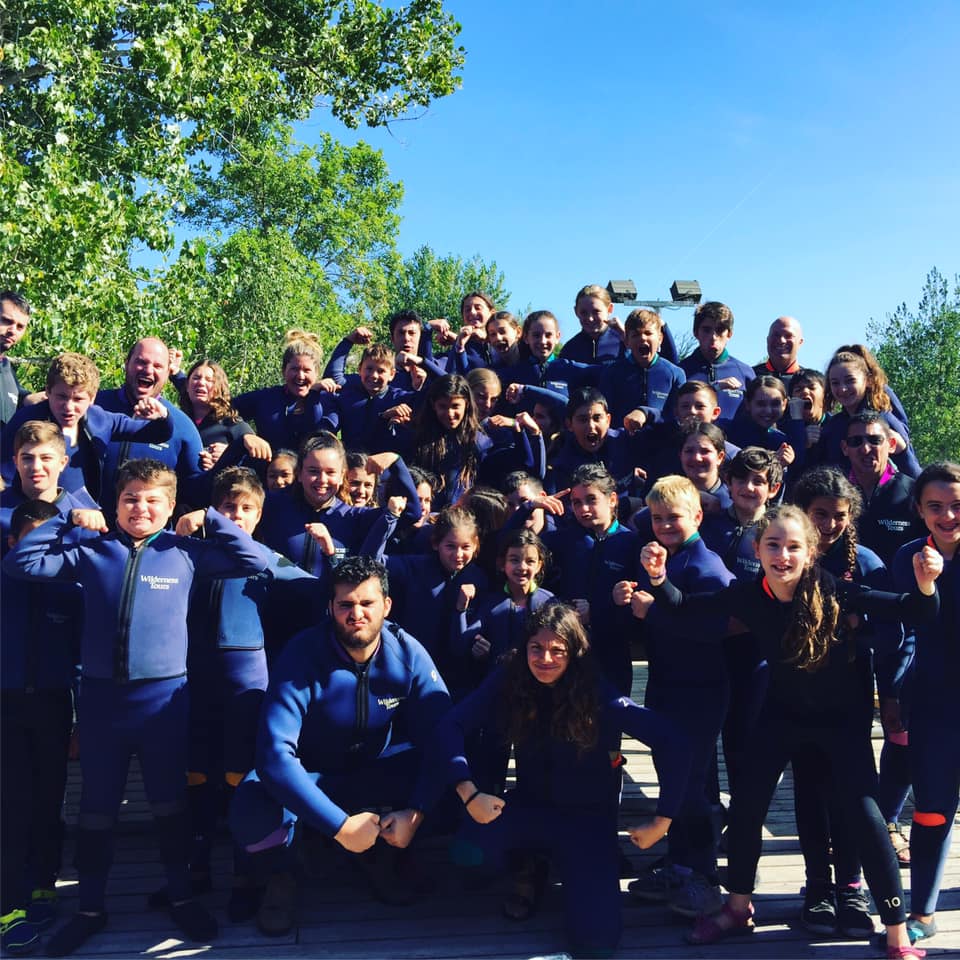How about we take a break from social protest, social distancing and COVID-19 for just a week?
Next week, we will laud our amazing OJCS Graduation Class of 2020, and then we will introduce the 2020-2021 OJCS Faculty & Staff, and – of course – we will have ongoing conversation about how we will safely reopen school.
But just for a week, can we pretend that things are normal? It would be so good for my state of mind to talk about normal things for just a week, so please indulge me in a non-emergency, non-urgent, post about something I care a lot about…Hebrew.
There is a Hebrew expression often used in Jewish educational settings known as a dugma ishit – a personal example. We remind ourselves as leaders, and our students (or campers or youth group members) of what it means to be a role model and an example to others. I take this concept seriously, not only for my teachers and students, but for me. As a Jewish educational leader, I should strive to be a dugma ishit. However, as I am constantly reminded in conversation and meetings with Jewish Studies Faculty, Ellie, and not-an-insignificant-number of parents in a school like ours that prides itself on language immersion, what that really means is that I also must strive become a dugma ivrit.
My youngest daughter is now in grade six. Having attended preschools where she always had at least one Israeli teacher and being in day schools that utilize immersive curricula, she has developed a cute little Israeli accent. She, like many of her classmates, have been listening to Hebrew for as long as they can remember and although they (naturally) vary in their abilities, they are comfortable speaking Hebrew.
Let me define “comfortable”.
The biggest difference between adult learners and child learners is self-consciousness. As an adult, I am very conscious when I make mistakes and, as an adult, I am uncomfortable making them. As a child, I am often less conscious when I make mistakes, but more importantly, as a child, I am comfortable making them – because that’s what learning is.
You can learn Hebrew as an adult. I did. I was in my 20’s attending ulpan as a prerequisite to begin graduate school before I spoke my first Hebrew sentence. I was a pretty good student and so I learned. But as I good as I ever got in the heart of my studies, I could never escape the heart palpitations when called upon to speak. What if I didn’t know the correct word? What if I mixed up my verb tenses or used the wrong grammatical construct? And so even though I have lots of Hebrew in my head and would be considered somewhat “fluent” by some, I still have to manually shift my brain and screw up my courage to speak.
For example, Jewish Studies Faculty meetings are typically conducted in Hebrew. And I am perfectly capable of participating. But when it is my turn to speak, I may get a few Hebrew sentences out, but will almost automatically switch to English.
Here’s the irony. (Or, perhaps, hypocrisy.)
I have been on a mission since arriving here to up the intensity of our Hebrew immersion. As an educator, I know that any hope at true second-language (or in our case third-language depending on how you rank them) acquisition and authentic fluency is dependent on our ability to provide as pure an immersive environment as possible. And yet when Dr. Mitzmacher comes to teach prayer – I mean Tefillah – to First Grade – I mean Kitah Alef – he speaks to the children in English, while praying with them in Hebrew.
Some dugma ishit that guy is!
So after almost three years of hearing me preach Hebrew immersion (in English!), it is time to ask a hard question: Why don’t I speak to the kids in Hebrew when I am teaching Jewish Studies? If we want to truly be more of a trilingual school why don’t I make school announcements in Hebrew or speak Hebrew during school assemblies and other events?
Why don’t I?
Because it scares me.
What if I forget the words? What if I say it incorrectly? What if I get nervous and go blank? What will people think?
And for me it is about more than Hebrew. Because if a school prides itself on transparency and praises spirited failure, then it requires that leaders lead.
So even though it terrifies me, I have set some new professional goals for next year. I am going to try to speak in Hebrew when I am teaching Jewish Studies. I am going to try to include spoken Hebrew in major school events, like graduation. I am going to try to speak Hebrew during Jewish Studies faculty meetings. I am going to try to speak Hebrew with my daughters. I am going to try and I am likely to fail. But I will try to keep trying.
Because that’s what it means to be a dugma ivrit.

By the way…if I had any hope of learning French at my advanced age and reduced bandwidth, I promise I would add that into the mix as well. All the larger points above apply equally well to French. But you have to crawl before you can walk, which for me means that you have to try being bilingual before you try trilingual.


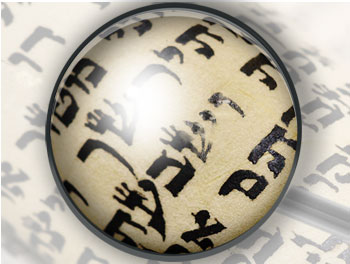


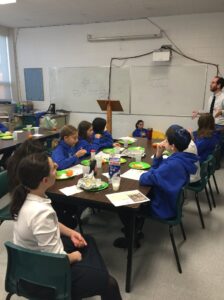 Parasha & Pancakes
Parasha & Pancakes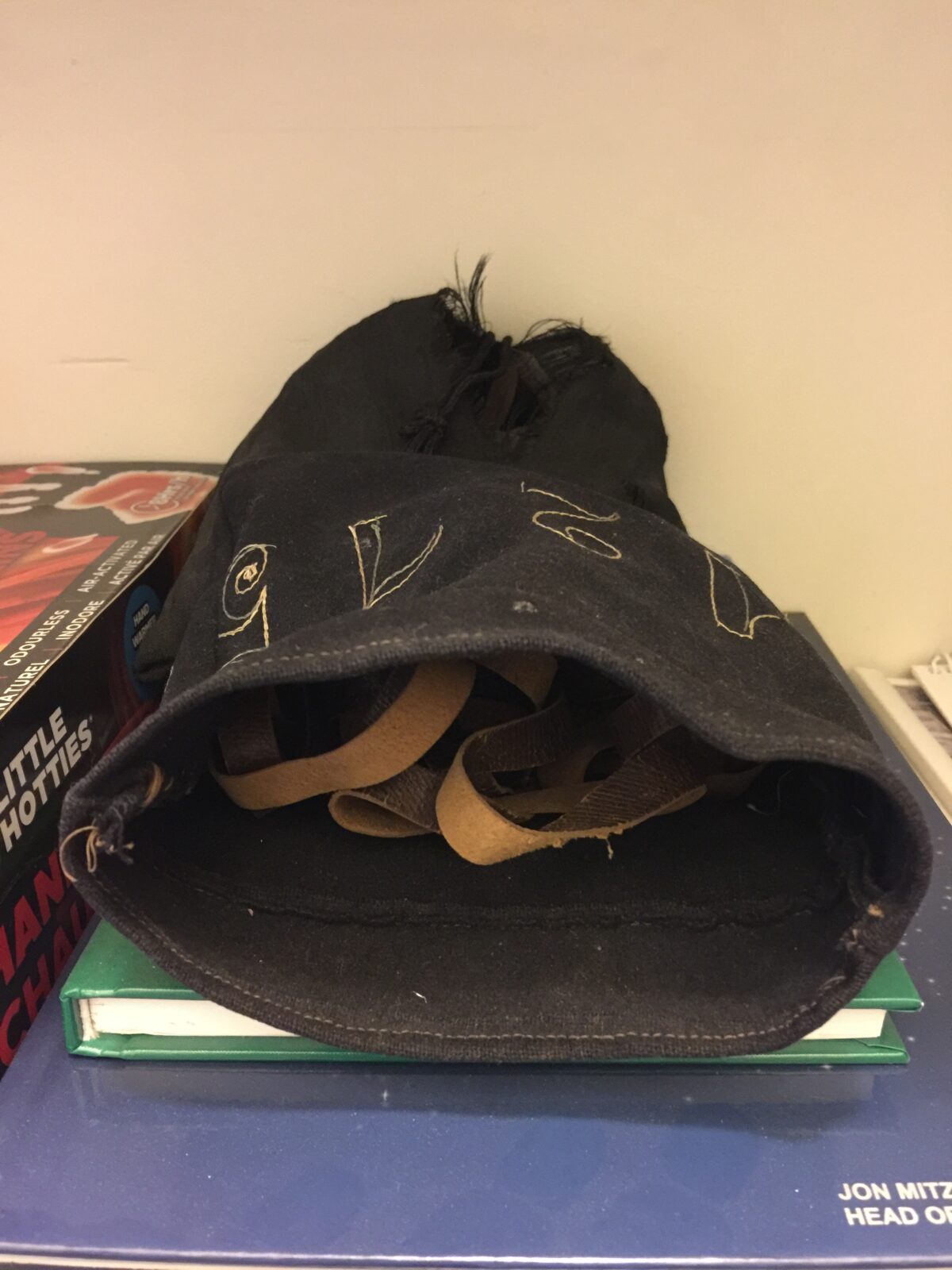
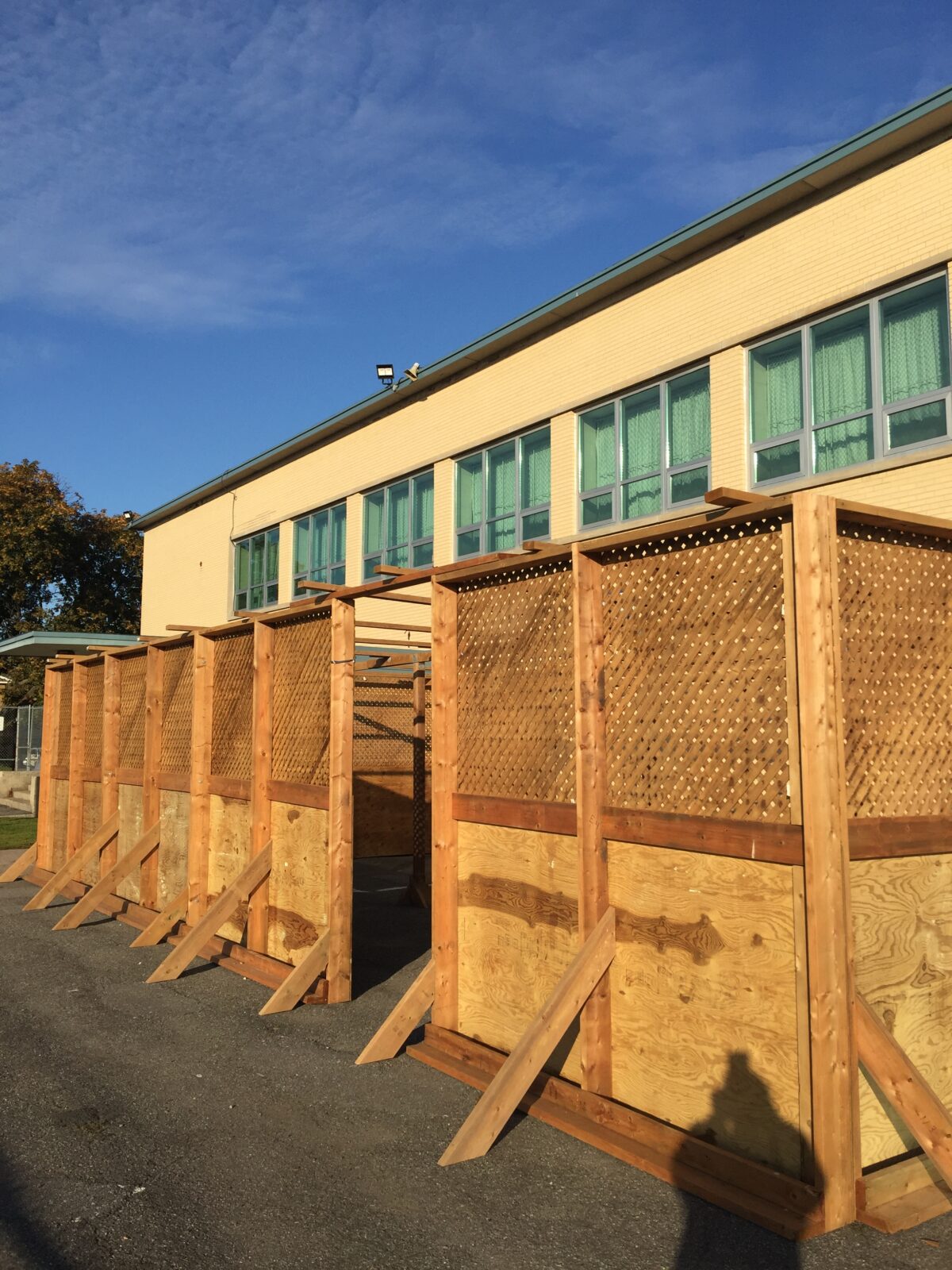
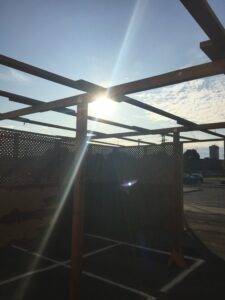 assistance of our OJCS Sukkah [to be finished this today] (with great thanks to the Zaret Family & Gemstone), in which we look forward to eating, celebrating, shake-shake-shaking and hopping in as a school community when we resume school during Chol Ha’Moed next Wednesday. [By the way, it seems like whenever we discuss the timing of the fall Jewish holidays relative to the start of the school year, we always describe them as coming “early” or “late”. They don’t ever seem to come “on time”!] Great thanks to all our teachers for the hard work that goes into holiday preparation/celebration and keeping the normal routines of school moving forward as per usual.
assistance of our OJCS Sukkah [to be finished this today] (with great thanks to the Zaret Family & Gemstone), in which we look forward to eating, celebrating, shake-shake-shaking and hopping in as a school community when we resume school during Chol Ha’Moed next Wednesday. [By the way, it seems like whenever we discuss the timing of the fall Jewish holidays relative to the start of the school year, we always describe them as coming “early” or “late”. They don’t ever seem to come “on time”!] Great thanks to all our teachers for the hard work that goes into holiday preparation/celebration and keeping the normal routines of school moving forward as per usual.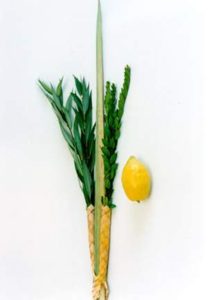

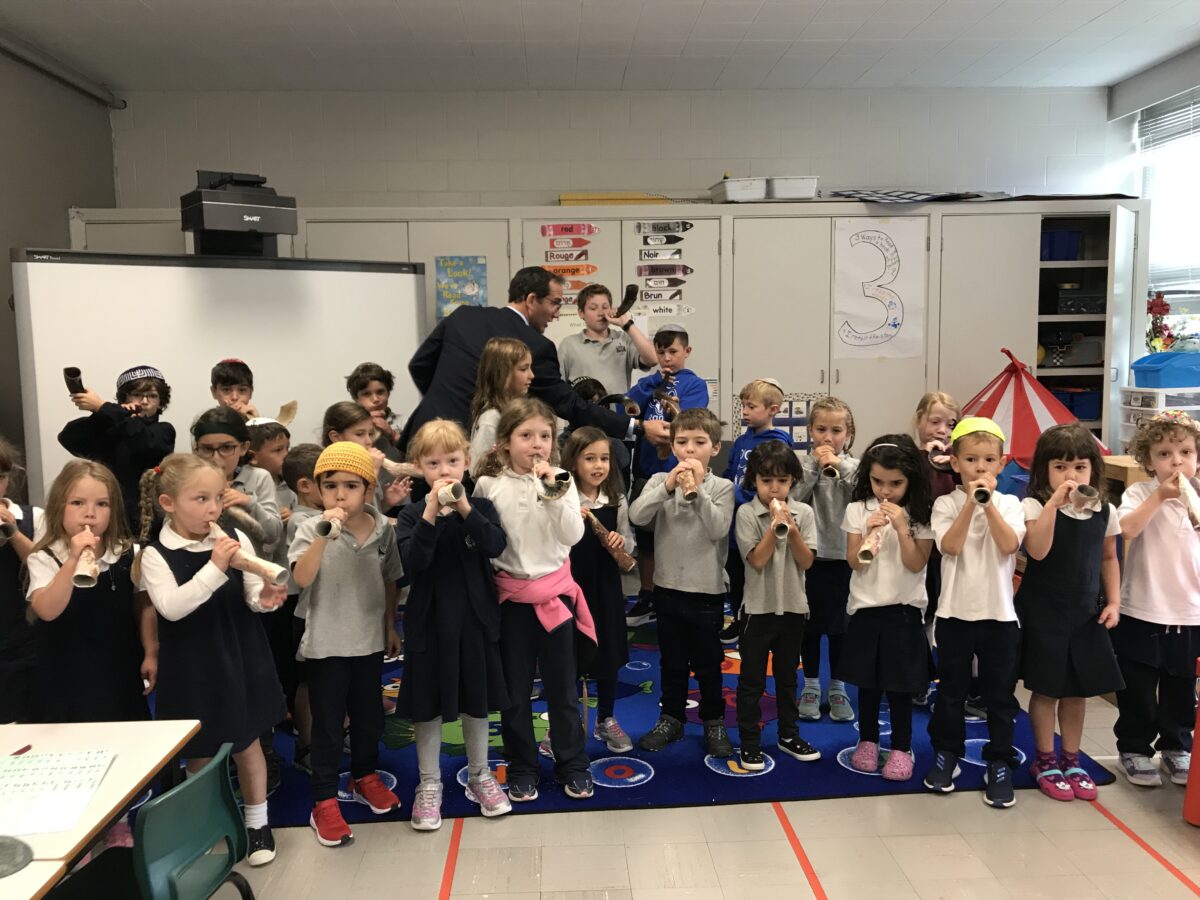
 As the eve of a new Jewish Year approaches, it is my most sincerest hope that this is the year we’ve been waiting for. To all the teachers, staff, parents, students, donors, supporters, and friends in this special school- thank you for your enthusiasm and your hard work. 5780 is shaping up to be a quite an amazing year!
As the eve of a new Jewish Year approaches, it is my most sincerest hope that this is the year we’ve been waiting for. To all the teachers, staff, parents, students, donors, supporters, and friends in this special school- thank you for your enthusiasm and your hard work. 5780 is shaping up to be a quite an amazing year!